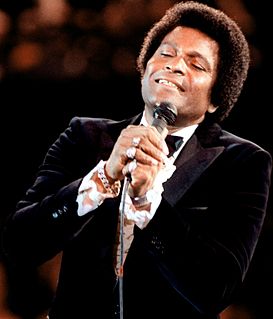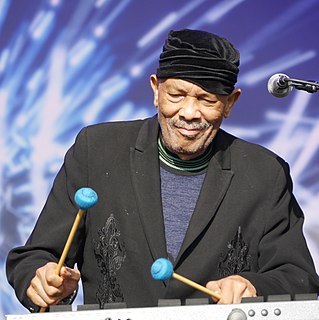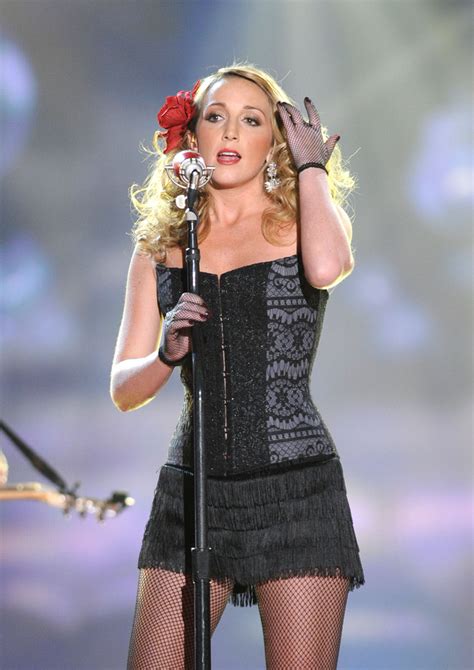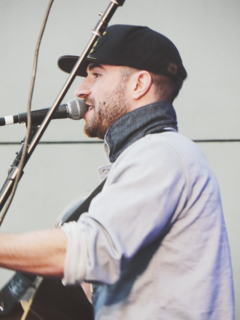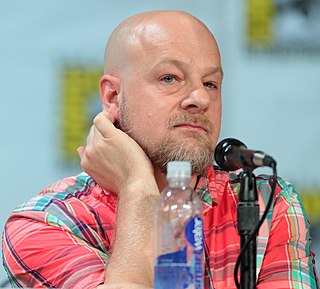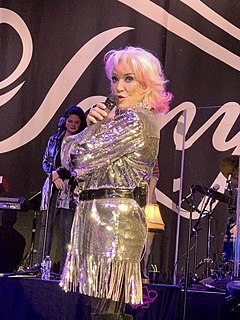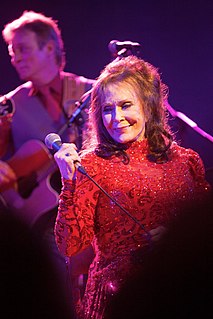A Quote by Charley Pride
The tastes of country music fans are not limited to the narrow range defined by consultants and programmers and record company moguls.
Related Quotes
People believe that management consultants are mostly useless parasites. Up until about 1980 it was consultants more than anyone else who came up with the critical concepts behind strategy. The history of strategy suggests there are lots of things consultants can do for a company that the company can't typically do for itself.
I think for us, we don't feel like the future of music is in the act of being a record company. We feel like the future of the music business is in empowering artists to have better and better tools to communicate with their fans. We want to be people who are saying to artists, "Look, you don't need that company over there to release your album. You can do it this way." Almost more of a band partnership than a label-artist relationship. Not about ownership of content, but about empowerment.
